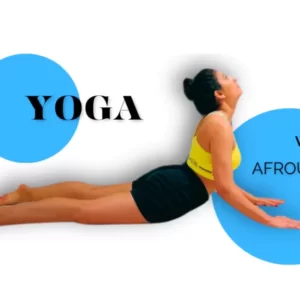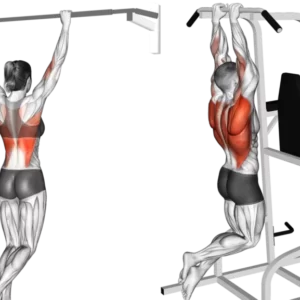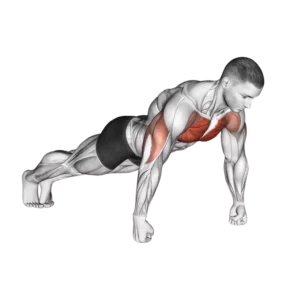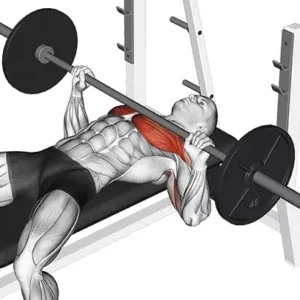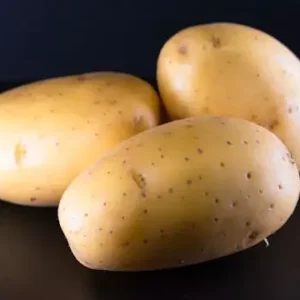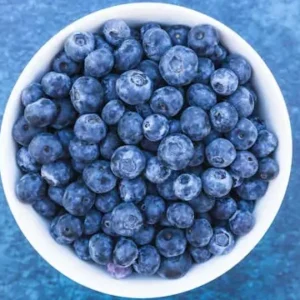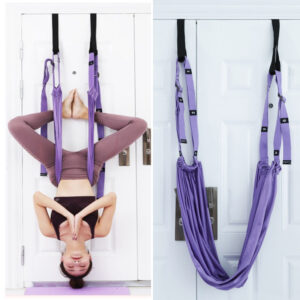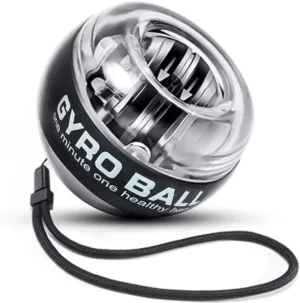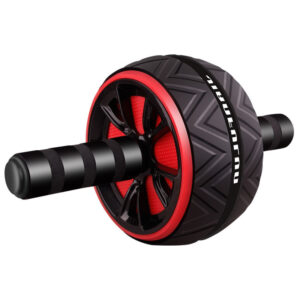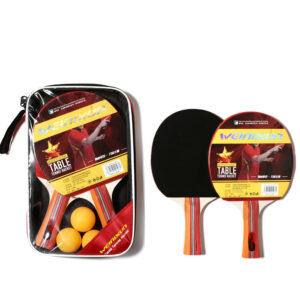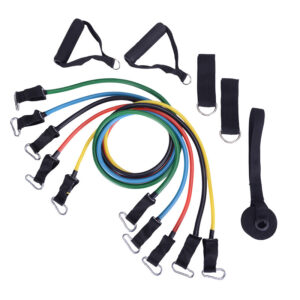The Ultimate Guide to Living a Healthy and Fit Lifestyle
GET STARTED NOW WITH YOUR 7-DAY FREE TRIAL

The Science of Nutrition
Nutrition is the study of how food affects our bodies. It includes the study of the nutrients in food, how our bodies digest and absorb nutrients, and how nutrients affect our health.
The Science of General Health
General health is a state of physical, mental, and social well-being. It is not just the absence of disease, but the ability to function at your best physically, mentally, and emotionally.

Yoga is a mind and body practice that has been around for centuries. It combines physical postures, breathing exercises, and meditation to promote physical and mental well-being.
There is a growing body of research that suggests that yoga can be an effective way to improve mental health. Yoga has been shown to help reduce stress, anxiety, depression, and pain. It can also improve sleep quality, self-esteem, and overall mood.


STRENGTH GAIN
Strength gain is the process of increasing the amount of force your muscles can produce.

NUTRITION MANAGEMENT
Learn how to eat a healthy diet and manage your weight with these nutrition management tips.

- Physical activity: Aim for at least 150 minutes of moderate-intensity aerobic activity or 75 minutes of vigorous-intensity aerobic activity each week.
- Nutrition: Make sure to eat plenty of fruits, vegetables, whole grains, and lean protein. Limit processed foods, sugary drinks, and unhealthy fats.
- Sleep: Getting enough sleep is essential for physical and mental health. Adults should aim for 7-8 hours of sleep per night
- Stress management: Find healthy ways to manage stress, such as exercise, yoga, meditation, or spending time in nature.
- Mental health: There are many resources available, such as therapy, medication, and support groups.
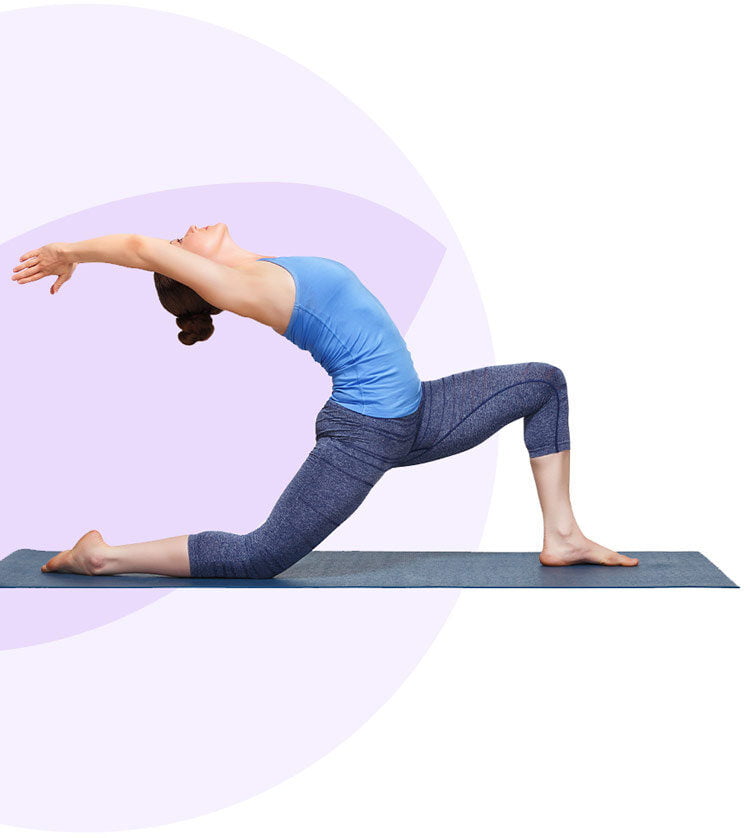
Yoga for Everybody
The Ultimate Guide to a Healthy Mind and Body
Yoga is a mind-body practice that originated in India thousands of years ago. It involves a series of postures (asanas), breathing exercises (pranayama), and meditation. Yoga is a holistic practice that can help to improve physical, mental, and emotional health.
We specialize in classes anyone of any physical ability and experience can participate in. We are happy to support everyone through their journeys.
In today’s fast-paced world, maintaining good health is more important than ever. With the right knowledge and choices, you can lead a healthier lifestyle and enjoy a better quality of life. Welcome to our comprehensive guide on health and nutrition, where you’ll find the latest news, tips, and expert advice to help you achieve your wellness goals.
Our mission is to provide you with the information and tools you need to make informed choices about your health. Whether you’re looking to shed a few pounds, boost your energy, or prevent chronic diseases, we’ve got you covered.

FAQs
Fitness
-
Cardio, also known as aerobic exercise, is one of the most common forms of exercise and is defined as any type of activity that increases your heart rate. Adding cardio to your routine may be one of the most effective ways to enhance fat burning.
-
The best exercise for weight loss is a combination of cardiovascular exercises (such as running, cycling, or swimming) and strength training. This helps burn calories and build muscle, which boosts metabolism.
-
Both cardio and strength training have their benefits. Cardio improves cardiovascular health and burns calories, while strength training helps build muscle, increases metabolism, and improves body composition. A balanced approach that includes both is ideal.
-
Spot reduction, the idea of losing fat in specific areas, is generally not effective. Instead, focus on overall fat loss through a combination of exercise, a balanced diet, and creating a calorie deficit.
-
The timeline for seeing results varies based on factors like individual fitness level, consistency, intensity of workouts, and nutrition. Generally, noticeable changes can be seen within a few weeks to a couple of months with regular exercise and a healthy lifestyle.
-
Before a workout, it’s beneficial to consume a balanced meal or snack that includes carbohydrates for energy and protein for muscle repair. After a workout, focus on replenishing nutrients and consuming protein for muscle recovery.
-
Motivation can be enhanced by setting realistic goals, finding activities you enjoy, varying your workouts, having an exercise buddy, tracking progress, rewarding yourself, and focusing on the positive benefits of exercise.
-
To prevent injuries, warm up properly, use proper form and technique, gradually increase intensity, listen to your body, and incorporate rest days. If injured, seek appropriate medical advice, rest, and follow a rehabilitation plan.
-
It’s generally recommended to aim for at least 150 minutes of moderate-intensity aerobic activity or 75 minutes of vigorous-intensity aerobic activity per week, along with strength training exercises at least twice a week.
-
The best exercise for weight loss is a combination of cardiovascular exercises (such as running, cycling, or swimming) and strength training. This helps burn calories and build muscle, which boosts metabolism.
-
Before a workout, it’s beneficial to consume a balanced meal or snack that includes carbohydrates for energy and protein for muscle repair. After a workout, focus on replenishing nutrients and consuming protein for muscle recovery.
Diet
-
There isn’t a one-size-fits-all answer, as different diets work for different people. However, a balanced and sustainable approach that includes whole, nutrient-dense foods, controlled portions, and a calorie deficit is generally effective for weight loss.
-
Calorie needs vary based on factors like age, gender, weight, height, activity level, and goals. It’s important to determine an appropriate calorie intake that supports your health and goals. Consulting a registered dietitian or using online calculators can help with this.
-
Both can be useful, depending on your goals. Counting calories helps monitor overall energy intake, while tracking macros (carbohydrates, proteins, and fats) allows for a more detailed analysis of nutrient distribution. It’s a personal preference and depends on your specific needs.
-
While breakfast is often touted as the most important meal of the day, it ultimately depends on individual preferences and goals. Some people find that eating breakfast helps with energy levels and satiety, while others prefer intermittent fasting or have different meal patterns.
-
Carbohydrates are an essential macronutrient and an important source of energy. The key is to focus on complex carbohydrates like whole grains, fruits, vegetables, and legumes, while moderating refined carbohydrates and added sugars.
-
Healthy snack options include fresh fruits, vegetables with hummus, Greek yogurt, nuts and seeds, hard-boiled eggs, whole grain crackers with nut butter, or homemade energy bars.
-
Supplements are not necessary for everyone, as a balanced diet can usually provide all the necessary nutrients. However, some individuals may have specific nutrient deficiencies or unique needs that require supplementation. Consult with a healthcare professional or registered dietitian to determine if supplements are necessary for you.
-
Eating healthy on a budget is possible by planning meals, buying in-season produce, opting for affordable protein sources like beans, lentils, and eggs, buying in bulk, comparing prices, and cooking at home.
-
There isn’t a one-size-fits-all answer, as different diets work for different people. However, a balanced and sustainable approach that includes whole, nutrient-dense foods, controlled portions, and a calorie deficit is generally effective for weight loss.
-
Healthy snack options include fresh fruits, vegetables with hummus, Greek yogurt, nuts and seeds, hard-boiled eggs, whole grain crackers with nut butter, or homemade energy bars.
-
Eating healthy on a budget is possible by planning meals, buying in-season produce, opting for affordable protein sources like beans, lentils, and eggs, buying in bulk, comparing prices, and cooking at home.








